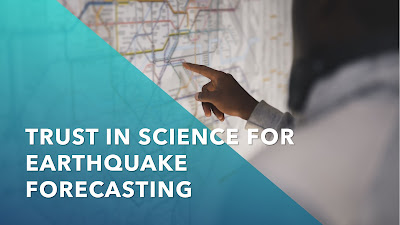🌆 Şehirler hızla büyürken, alçak ve yüksek binaların depremlere verdiği tepkiler oldukça farklı olabilir. Bir deprem sırasında hangi bina ayakta kalır, hangisi çöker? Bu sorunun cevabı, binanın yüksekliği, yapısal özellikleri ve bulunduğu yerin jeofizik koşulları ile yakından ilgilidir. 🧱 Alçak yapılar genellikle yakın merkezli depremler sırasında büyük risk altındadır, çünkü bu tür yapılar, yer hareketlerine daha hızlı ve şiddetli tepki verir. Ancak, yüksek binalar ise uzak merkezli depremler den gelen daha uzun periyotlu dalgalarla rezonansa girebilir, bu da ciddi hasara yol açabilir. 2017'de Meksika'da yaşanan 7.1 büyüklüğündeki depremde, bazı alçak binaların hızla çökerken , yüksek yapıların nispeten daha az hasar gördüğünü hatırlayalım (Lin, 2017). Ancak bu, her zaman geçerli olmayabilir. Bir binanın bir depremde ayakta kalmış olması, gelecekteki tüm depremlerde güvenli olacağı anlamına gelmez (Rajendran & Raghukanth, 2020). 📊 Peki, bu riskleri nasıl azaltabiliri...











